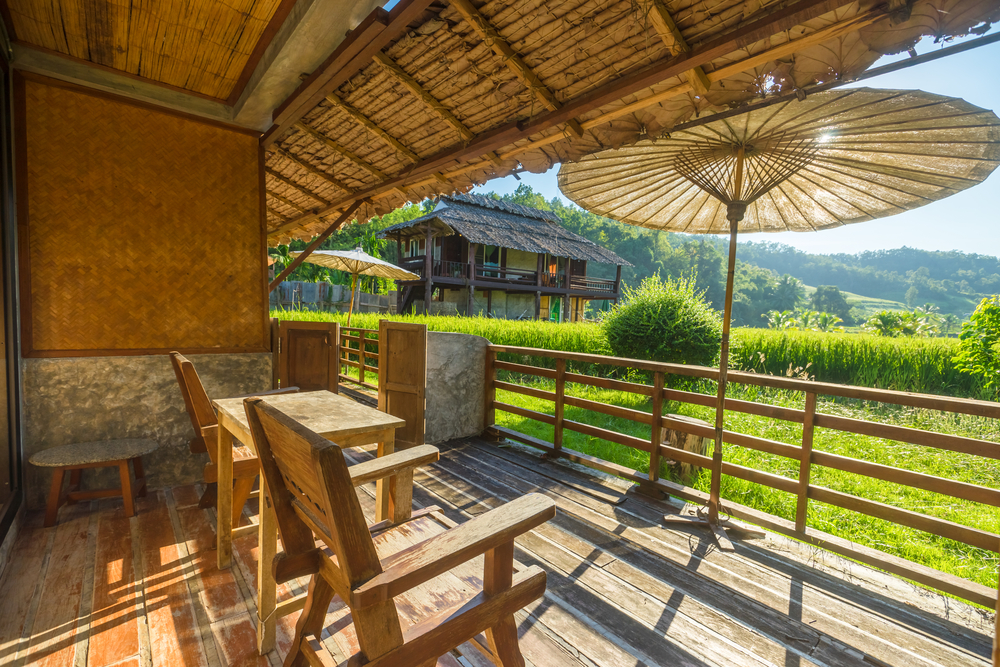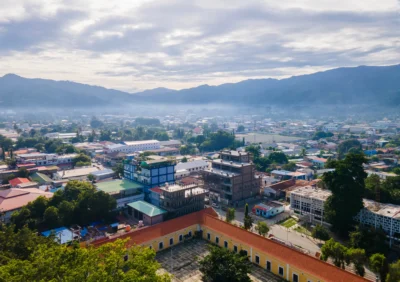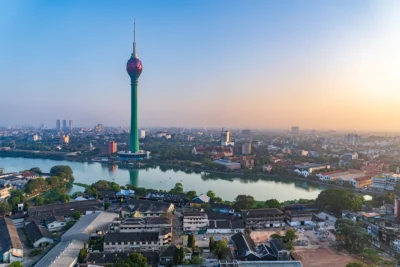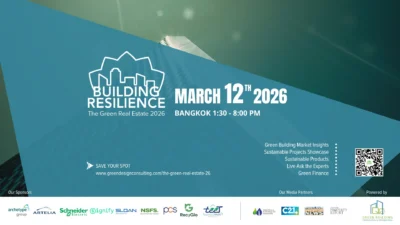Indonesian Bank subsidises housing loans to make cheap homes accessible
Bank Rakyat Indonesia continues supporting the government so people can access comfortable home financing
According to Antara News, public housing savings agency BP Tapera and state-owned Bank Rakyat Indonesia (BRI) are partnering up to strengthen cheap housing financing and aid people in purchasing affordable and livable homes across Indonesia.
Agus Noorsanto, director at BRI’s institutional and state-owned enterprises, said, “BRI cooperates with BP Tapera in data bank management that links information between developers’ supply and demand from the Housing Financing Liquidity Facilities (FLPP) applicants.”
BRI has helped subsidised housing loans for more than 19,298 customers as of the end of August 2021, said Noorsanto.
BRI conducted the financing to continue supporting government programmes, so that decent, safe, cheap, and comfortable home financing is available to people.
However, accessible and cheap home financing solutions can be a challenge to many parties, said BRI consumer director Handayani.
She explained that some hurdles include providing housing facilities and meeting various needs of affordable housing for everyone.
The ecosystem integration in-home financing carried out by the Public Works and Public Housing Ministry (PUPR), Finance Ministry, Bappenas (National Development Planning Agency), and related stakeholders, is expected to support the availability of affordable homes with adequate facilities and quality.
“BRI is ready to give support and serve BP Tapera in registration and dues from the informal sector through BRI networks like BRILink Agents,” Handayani said.
Moreover, 74 percent of Indonesians do not have a permanent home, as stated by Herry Trisaputra Zuna, director-general of infrastructure financing for public works and housing at the PUPR Ministry.
More than 32 percent are renting, while 42 percent are residing at other people’s homes.
More: Indonesian government makes a roadmap to drive digital transformation
Therefore, the biggest challenge faced by the government regarding housing is providing homes for everyone.
“(This can be achieved through) Industrialisation of construction, cheap houses that can reduce construction costs, the availability of livable homes with green environments, and access to housing financing to non-fixed income communities and housing microfinance,” he said.
The Property Report editors wrote this article. For more information, email: [email protected].
Recommended
Timor-Leste real estate takes off as nation joins ASEAN
Early signs of a property market emerge amid land-title reform and cautious foreign interest
Macau market weakness persists despite economic rebound signs
As Macau’s gaming revenues surge back to life, its residential property market remains stuck on a losing streak
Seoul’s luxury homes roar back on global demand and scarcity
Once cooled by demographics and policy, the South Korean capital's luxury housing market is surging again
South Asia’s property markets edge back from the brink
After years of turmoil, South Asia’s real estate sectors are stirring back to life, buoyed by reform and renewed investor confidence






